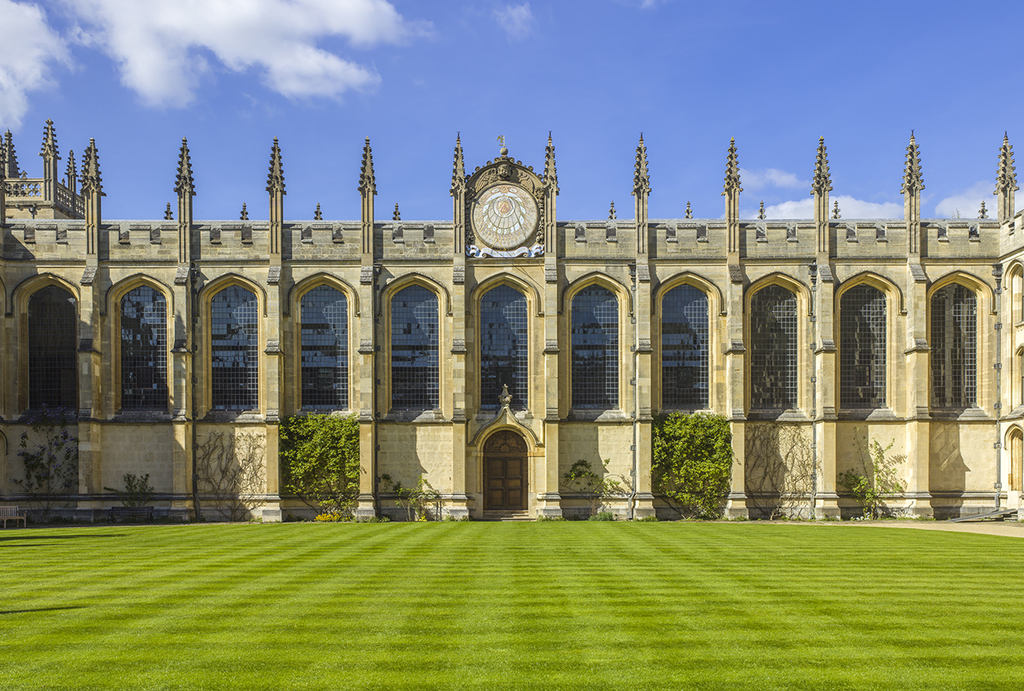University Education Should be Free

CON (3 arguments)
Definitions:
A university is comprised of an undergraduate division and a graduate division which comprises and graduate school and professional schools. Thus, the PRO must defend why not only 4-year colleges but also graduate and professional schools should be free.
By making university “free,” you would just add extra taxes and federal grants, which would negatively impact the economy.
Our national debt stands at $18 trillion and counting. That’s $56,500 for every single person living in this country. Congress can’t even decide cuts to Social Security and Medicare, which are 32% underfunded; our infrastructure is crumbling and fixing it will cost $3.3 trillion between 2016 and 2025; and our public high school budgets have been in a steep decline for years, causing schools to cut hours and buildings to fall into disrepair. Adding another huge government social program like free university tuition (graduate schools included) will be impossible to fund and only deepen our economic troubles. According to National Public Radio, 20 of 22 economists from all over the political spectrum believe that free university is a bad idea for our economy. Even necessities, such as food and shelter, are not free for all people because that is impractical. It makes no sense for university, especially at the higher graduate level, to be free because it is not a basic life necessity.
NPR, Financial Times
Students still have to pay for the admissions process, food, housing, books, equipment, and more, so free tuition would not be enough to allow high-achieving, motivated, and scholarly students from the worst economic conditions to attend universities. In general, high income kids would benefit more. The best example of this is Ireland, where tuition costs have been decreased significantly. Poorer communities still view higher education as something for the rich even though it is free. These groups continue to enter the workforce in similar numbers as they had before the ending of fees, and they still tend to prefer trade schools to universities if they do seek qualifications beyond the secondary level. Thus, overall, it is clear from this empirical evidence that making university free has no effect on the percentage of lower class citizens getting higher education; it only makes it even easier for the rich to benefit.
LA Times
Without university fees, universities become dependent on the state for funding. This leads to larger class sizes and less spending per student. Yet with fees, the quality of universities increases for three reasons. First, funding improves, as a university may charge in accordance with need. Second, quality of teaching is improved. Because a university wants people to attend and to pay fees, the programs and degrees they offer have to be good signals of quality, requiring the school to hire the best lecturers. Third, the average quality of students attending university will improve. This is because students feel they need to get the most from their investment in education, so there will be an incentive to work hard. An example of higher quality education from tuition is that of the United States, which has eighteen of the top fifty ranked universities in the world. Quality is clearly improved when university is not free.
“The paradox of free university is that the institutions will have to limit the number of spots or reduce quality,” said Ben Wildavsky from the Rockefeller Institute of Government. Brian Wasbury, former chief economist for the Joint Economic Committee of the Congress stated, “If you think a university education is expensive, just wait until it’s free because taxpayers would have to foot the bill and the costs would go through the roof while the quality of education fell.”
If many more people earn college degrees or beyond, then the value of the degrees decrease, increasing the number of workers who are unemployed despite getting higher education.
NBC, Joint Economic Committee of Congress